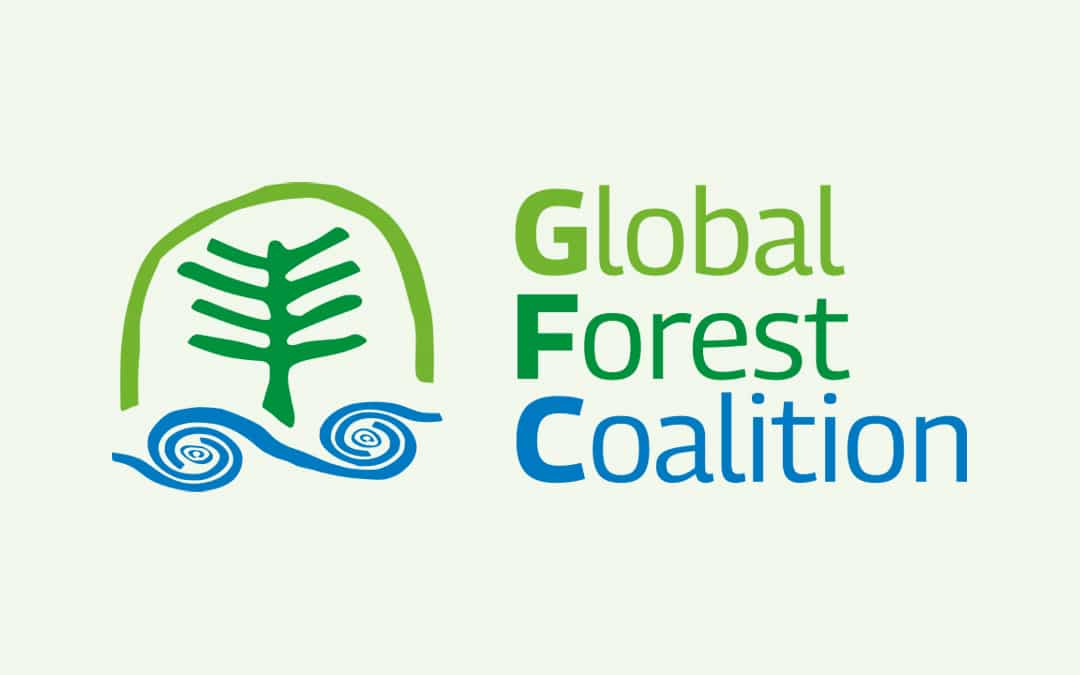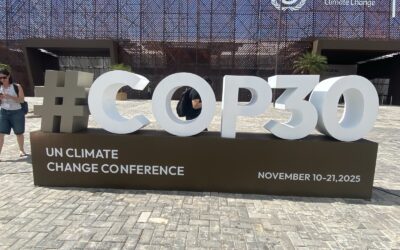United Nations Forum on Forests Forestry (UNFFF?)
From April 8 to 19th, the 10th UN Forum on Forests is held in Istanbul, Turkey. The main focus for this forum is forest finance, so where to get money for forests in times of crisis – which is pretty much the same question many other forums are asking… Of course, yet again, the private sector is there to ‘save-the-day’, in this case forests.
But this is not out of altruism. Of course, the forestry sector represents an industry worth several millions of dollars worldwide – in Malaysia & Indonesia alone the forestry sector is worth USD$400million – and that is precisely why I prefer to call this forum ‘Forum on Forestry’. Issues for forest protection/forest conservation are looked at from the market point of view. Me and many others believe that it is precisely in these times of crisis when we need to look at different strategies to confront the crises and not apply more of what got us into them. But when there are significant revenues from an industry is hard to look at it with different eyes.
At the forum, I have heard unrealistic remarks, such as ‘ecosystem services and markets are the way to save communities’, and this is why is unrealistic: marginalized communities such as forest dependent peoples, including women, who constitute the majority of the world’s poor depend on forests for their livelihoods. In fact, 70% of people in tropical Africa and Asia below the poverty line live in or near forest areas. They often lack land ownership or other financial assets which make options for participating in markets very rare. In fact, they could even see their livelihoods at stake as privatization for resources to supply an ‘ecosystem services’ market increases; they could find themselves being evicted from what it once was their traditional territory and out of sources for food and shelter, which in turn adds to the increasing poverty, to make way for these projects.
In another presentation at a side event, I then hear from an African representative that ‘there are good opportunities for economic development in Africa and that more and more financial transactions are going on in this area’. It sounded as if he would be promoting investment in Africa shamelessly ignoring the increased land grabbing conflicts in this part of the world (although Asia and Latin America are not off the hook either!). When confronted to the question on land grabbing, this presenter insisted that “many land was acquired legally, with consent of the community, it is impossible to acquire thousand hectares without the government knowing”… oh yes, I believe governments were aware, but go ask communities in countries like Liberia, Ethiopia, Uganda, Tanzania, Sierra Leone, among others, about their governments and ‘consent’. These cases have actually been made public. [1]
Later, during a private forest financing side event, we see how the private sector continues to promote monoculture tree plantations, the exact same plantations that are being fought by grassroots NGOs and social movements around the world due to its negative social and environmental impacts, highly harmful for livelihoods and biodiversity. I learned that few countries receive private forest financing (actually, 90% goes to Brazil), and that private investment in plantations are higher than that of ODA. It is true that traditional sources of financing for natural resources are scarce these days, but people working in the area need to think if it is really a ‘wise’ strategy to ‘give away’ our remaining native forests and associated biodiversity to the private sector, (BTW- meaning businesses). It was good to hear that at least there is recognition of the many challenges faced, namely:
- weak forest sector governance – concession process (eg. Liberia) / corruption
- red tape – delays in permits linked to corruption
- information is inadequate, no updated forest inventories, not attactive for investors!
- tenure insecurity – land use conflicts (land grabs not good for image)
- perverse incentives, eg Malawi domestic Banks lending for short-term exploitation not sustainable…
- technical capacity
Throughout the event, occasionally advocates for other products different from timber, so-called Non-timber Forest products (NTFPs), were heard. Small-scale initiatives briefly appeared on the picture as ‘you have to deal with them anyhow’ as stated by one presenter. Carbon markets were also briefly mentioned among the NTFPs, but it was recognized that ‘there is increasing distrust in carbon markets’.
In this forum, there is little recognition (or acceptance) that there could be a way for forest conservation by means of non-market-based approaches. The government of Bolivia is actually the only delegation advocating for this. During our side event, we reflected the views of many NGOs worldwide whereby providing appropriate recognition to territories and areas conserved by indigenous peoples and local communities (ICCAs), and eliminating subsidies and changing policies that promote forest destruction, can effectively form non-market-based forest conservation policies that are far more effective, equitable and economically efficient that many of those in place [2]. A representative of the Indigenous Peoples Major Group emphasized about the risk that many IPs face in light of the current policies and of lack of consultation; IPs worldwide are already largely marginalized and those who depend on forests are facing ever growing threats by the different economic activities and other thriving ‘Green Economy’ policies, where their Free, Prior and Informed Consent should be a must before any program is implemented in or near Indigenous Territory.
And in this regard, it would also be worth mentioning that not just Indigenous issues haven’t got the importance they deserve, gender aspects are being largely neglected in this forum (not to mention the reduced participation of women in the forum itself). In the whole UNFF10 text there is only one proposal from the EU for gender equality. For the rest is absent despite women being 70% of the world’s poor and knowing that the majority of the poor live in forest areas – and that they are also responsible for the unpaid care work in their families. At another side event on ‘Multiple Benefits from Forests’ the question on gender was raised, so what would be the benefits for women if we take into account that the commercial benefits from forests often go to men and the whole production chain in forestry is largely dominated by men. To my understanding, the answer implied that it has not been a priority, but I left with the impression that because it hasn’t been given full attention and because it is a paramount theme for sustainable management of forests and poverty eradication, it might have reached a few minds in the room. I was surprised to find today among all the texts that organizations and governments share, that there is 1 publication on gender mainstreaming by the GEF, which I have not read yet…
The forum will conclude on Friday, many fear that the negotiation will be longer than expected as there are quite some contentious issues to be solved regarding financing and the legally binding nature of the forum, same old issues actually…
Isis Alvarez, Global Forest Coalition-Colombia
isis.alvarez@globalforestcoalition.org
———-
[1] Sime Darby and landgrabs in Liberia http://www.foei.org/simedarby
Land Deal Brief: Saudi Star in Ethiopia http://www.oaklandinstitute.org/land-deal-brief-saudi-star-ethiopia
Oxfam Report Says Thousands Evicted in Uganda Land Grab by Britain’s ‘The New Forest Company http://www.voanews.com/content/oxfam-more-than-20000-evicted-in-uganda-land-grab-130353138/145573.html
Iowa Firm Accused of Displacing Tanzanians for Profit http://www.ipsnews.net/2012/07/iowa-firm-accused-of-displacing-tanzanians-for-profit/
Land grabbing for biofuels must stop in Sierra Leone by Swiss-owned Addax Bioenergy http://www.grain.org/article/entries/4653-land-grabbing-for-biofuels-must-stop
[2] New Report Highlights Indigenous Territories and Community Rights as Alternatives to Forest Carbon Markets https://globalforestcoalition.org/2655-new-report-highlights-indigenous-territories-and-community-rights-as-alternatives-to-forest-carbon-markets




